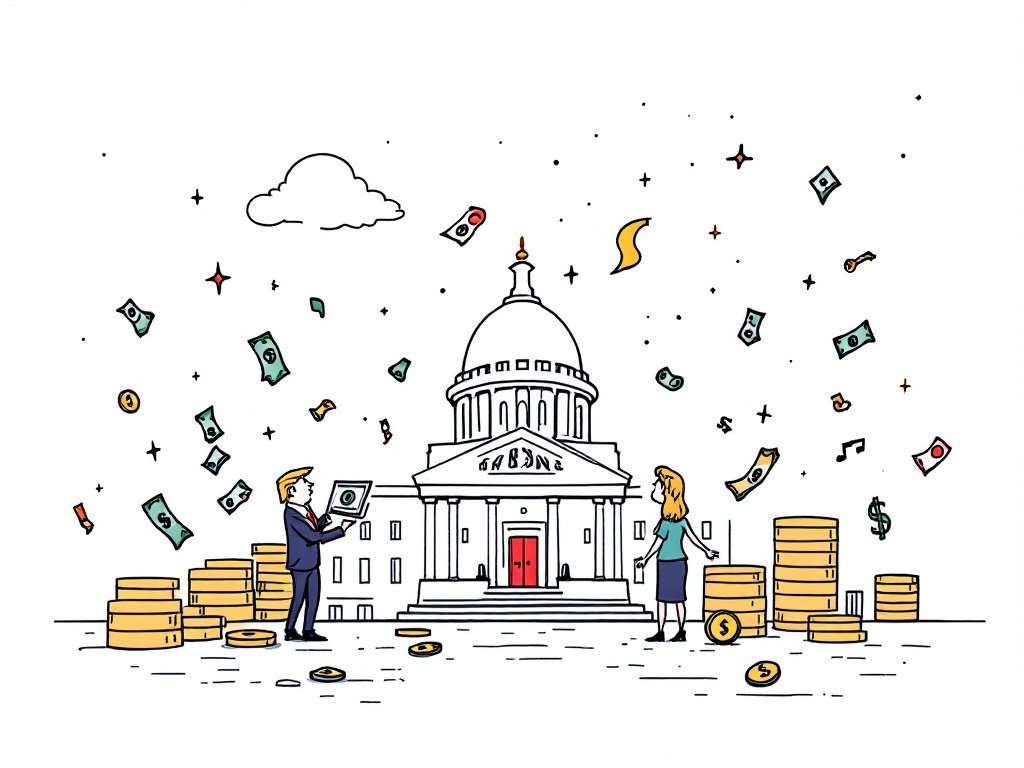Trump Administration Plans Tariff Task Force Amid China Trade Tensions

Washington, D.C., Saturday, 19 April 2025.
To counteract potential economic strains from steep China tariffs, the Trump administration is exploring the creation of a task force as negotiations face hurdles.
Formation of the Task Force
The Trump administration is in the process of forming a task force designed to tackle the economic strains resulting from the ongoing tariff dispute with China. This task force is expected to comprise key figures such as Vice President J.D. Vance, Treasury Secretary Scott Bessent, Commerce Secretary Howard Lutnick, NEC Director Kevin Hassett, CEA Chairman Stephen Miran, and USTR Jamieson Greer. While President Trump has indicated that China is open to negotiation, the urgency of the task force reflects a proactive approach to looming supply chain challenges if talks continue to stall [1][2].
Economic Strain from Tariffs
As of April 10, 2025, tariffs on Chinese imports have soared to a hefty 145%, contributing to significant supply chain disruptions and economic instability across multiple sectors, including pharmaceuticals, semiconductors, and consumer electronics [1][3][4]. The trade impasse has heightened concerns around inflation and economic slowdown, prompting swift administrative actions to alleviate pressures on industries dependent on Chinese goods, such as the automotive and electronics sectors. The specter of additional tariffs stands to amplify these issues further [3][5].
Implications for Global Trade
The U.S.-China tariff tensions have cast a long shadow over global trade prospects, with the WTO projecting a potential 1.5% contraction in global trade should current conditions escalate [6]. The reciprocal tariffs have spurred a cycle of economic retaliation that threatens to exacerbate existing frictions in international trading systems [1][6]. Meanwhile, North America’s exports are predicted to decline by 12.6% in 2025, underscoring the substantial economic stakes attached to these trade policies [6].
Administrative and Legislative Actions
The announcement of the task force comes at a time when the U.S. Senate has passed a resolution to block tariffs on Canada, illustrating bipartisan discomfort with current trade strategies. Though unlikely to pass the House of Representatives, this legislative move highlights potential cracks in Congressional support for the Trump administration’s aggressive tariff policies [5][7]. Domestically, the administration is keen on underpinning American industries through protectionist measures, albeit with significant trade-offs in globally competitive sectors such as technology and agriculture [5].
Sources
- www.cbsnews.com
- www.tradecomplianceresourcehub.com
- www.wilmerhale.com
- www.orderful.com
- report.woodard.com
- www.wto.org
- finance.yahoo.com